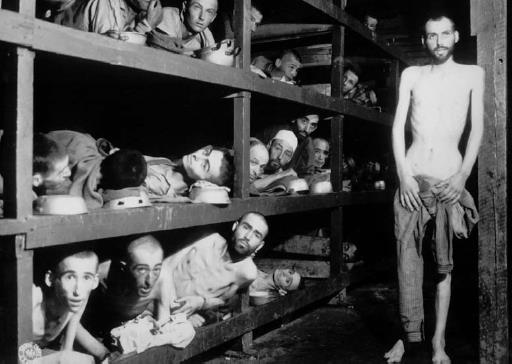Government and PoliticsThe Holocaust |
Why do historians draw comparisons among Stalin, Hitler, Napoleon, and Alexander the Great? |
All four men were fiercely powerful—and seemingly indomitable—leaders. And their early lives and careers shared some interesting characteristics as well.
First, none of them were native sons of the countries they ended up ruling (and some would say, defining). Soviet leader Joseph Stalin (1879–1953) was born in Georgia, German chancellor and führer Adolf Hitler (1889–1945) in Austria, French emperor Napoleon Bonaparte (1769–1821) in Corsica (which, though technically a new possession of France, was decidedly more Italian in nature), and king of the Macedonians Alexander the Great (356–323 B.C.) was from the fringe city-state of Macedonia. Yet it was, respectively, Russian, German, French, and Greek culture that each leader spread. All four men rose to power through the military, or, in Alexander’s case (who succeeded his father), after having carried out military strategy. Once installed as rulers, all led fantastic military campaigns to expand their spheres of influence. The wars brought on by their nationalism left millions dead. Finally, all four men inspired, and some would say continue to inspire, terror in the human soul.
Still, history has been more forgiving of both Alexander and Napoleon, who today seem to be portrayed as often as heroes as they are as megalomaniacs. With Hitler’s and Stalin’s horrible legacies a more recent memory, the view of these men is decidedly and far more consistently dark and loathsome.

